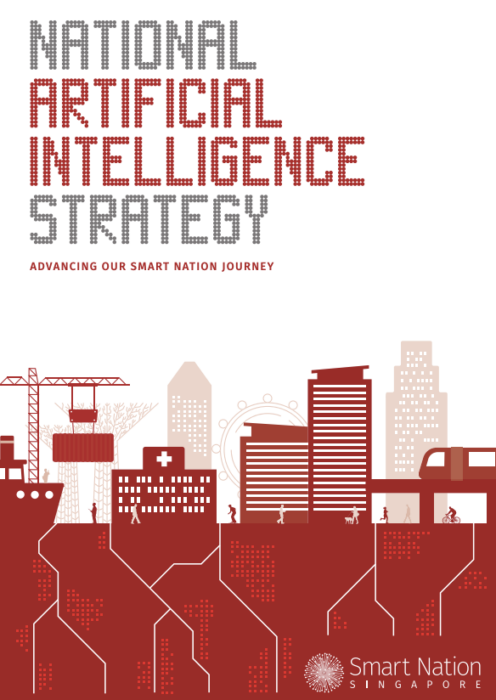Policy
With exponential technologies comes exponential risk. Sectors and government must act now to establish values and policies that pave the way for smart machines and algorithms.

Russ Schilling, an AI expert and DARPA Program Officer, gave the following policy advice in a blog released earlier this year:
-
- Creating and funding interdisciplinary teams is critical. From my time as a program officer at the Defense Advanced Research Projects Agency (DARPA) and applying those philosophies and techniques to education, I have learned that funding teams that reflect the diversity of thought and expertise, in addition to ethnic diversity, are crucial to innovation. In this case, we need to include linguists, computer scientists, data scientists, and psychologists on the team and consult ethicists in the process.
-
- We must improve the quality and size of data sets that represent the diversity of our target populations in naturalistic environments, including age, ethnicity, gender, socioeconomic backgrounds, language issues, and dialects. And given global trends of mobility and migration, we should foster international cooperation to create more diverse and representative ASR data sets.
-
- Data sets, along with the algorithms, should be open to scrutiny. We must ensure that the algorithms, data sets, and evaluations are fair and transparent. Data and evaluations should be available for examination, and datasets and algorithms should be open whenever possible.
-
- Evaluations of the models and data should be continuous even after the solutions are adopted so that bias or drift in the response of target populations can be detected. This policy strategy is advised for all edtech, not just AI-based solutions.
He then suggested, “the suggested policy recommendations above are not all-inclusive but represent a start at making ASR more effective and equitable.” These recommendations are not unique to the application of speech recognition technologies; they can be adapted to a wide range of AI edtech issues in the United States and abroad.
In the Fall of 2022, the White House issued a Blueprint for an AI Bill of Rights which, among other things, called for Algorithmic Discrimination Protections, Safe and Effective Systems, Notice and Explanation along with other recommendations.
In late March 2023, a number of prominent leaders in technology suggested that we need to slow down our development of AI until we have time to create the necessary policy that will ensure good intent.

Singapore's AI Strategy
The National AI Strategy is a living document to place Singapore at the forefront in the development and deployment of scalable, impactful AI solutions, in sectors of high value and relevance to their citizens and businesses.
Find out more about their comprehensive strategy.

